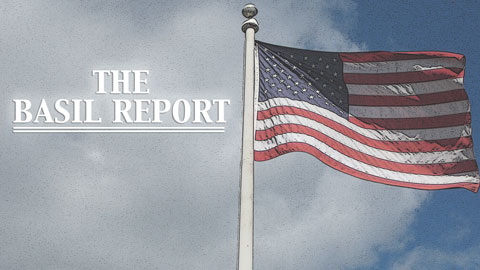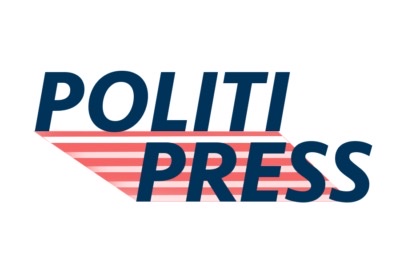President Obama has received a fair amount of criticism for his foreign policy strategy of engagement with hostile countries: shaking hands with Venezuelan president Hugo Chavez, entering into negotiations with Iran, and pressing the rhetorical reset button with Russia, among other things.
This criticism is misplaced. Instead, pundits and opponents should be targeting the President’s shameful engagement with several American allies.
Let’s start with Colombia, the United States’ most important ally in Latin America. Due to a long history of American intervention in South and Central America, many countries in the region harbor long-held resentment against us. Colombia, however, is a rare exception.
Colombia has long been a bulwark against leftist elements in the Americas. In recent years, Colombian president Alvaro Uribe has remained a close ally to the US, while surrounding Latin American countries, led by Venezuela, have moved decisively to the far left. More recently, Colombia has served a vital role in the two American “wars” on drugs and terrorism. President Alvaro Uribe even allows American military counternarcotics units to use several bases on Colombian soil.
The United States is furthermore Colombia’s leading trade partner , so one would think that the least the Obama administration could do would be to push Congress to ratify the US-Colombia Free Trade Agreement (FTA). Free trade, after all, promotes unrestricted global trade, something most economists agree is healthy for the world economy.
However, the FTA has been held up by lobbyists (the target of one of my rants two weeks ago). Protectionist lobbyists, led by the AFL-CIO union, have managed to convince the President to delay the agreement.
Union lobbyists have also prevented the ratification of a free trade agreement with a key American ally in Asia: South Korea. 29,000 American troops are stationed in South Korea (conveniently close to China), yet President Obama opposes the ratification of a FTA that would benefit both countries. In South Korea’s case, the FTA is opposed by Ford Motors and the United Auto Workers.
[adrotate group = “2”]
Besides economically slighting Colombia and South Korea, Washington has also diplomatically offended Turkey, a potentially more serious act. Turkey is a critical supply route for coalition forces in Iraq and the strongest American ally in the Middle East. Not only has Turkey helped stabilize Iraq in recent years, but it also has provided a secular, republican (note the lower-case “r”) counterweight to many of the Islamist dictatorships in the region.
The problem the U.S. has with Turkey is not due to the President or his foreign policy team. Members of the House of Representatives, instead, have decided to unnecessarily provoke Turkey by approving a resolution declaring the killing of 1.5 Armenians during and just after World War I a genocide, a term Turkey refuses to use.
Whether or not the killings fit the definition of genocide (which they do, in my opinion) , there is no reason for the House to needlessly irritate a critical Middle Eastern ally. Iraq has just held parliamentary elections, and Turkey is vital to ensuring a peaceful resolution to the conflict there. Ankara is a necessary mediator in disputes between Israel (until recently a close ally of Turkey) and its neighbors, and Turkey is a democratic, secular model for Arab countries to look up to. We can’t afford to lose their collaboration.
The steps needed to repair these bilateral relations are amazingly simple. The benefits would be simply amazing. What’s Washington waiting for?

![During the WHS club fair, senior Molly Bergeron is watching a student sign up for her club, Eliza J. Norton Foundation. In this club, students meet every week and come up with ideas to spread the message. "[This club] really touches a lot of people in the town," Bergeron said.](https://waylandstudentpress.com/wp-content/uploads/2025/10/IMG_1335-1200x800.jpg)






























